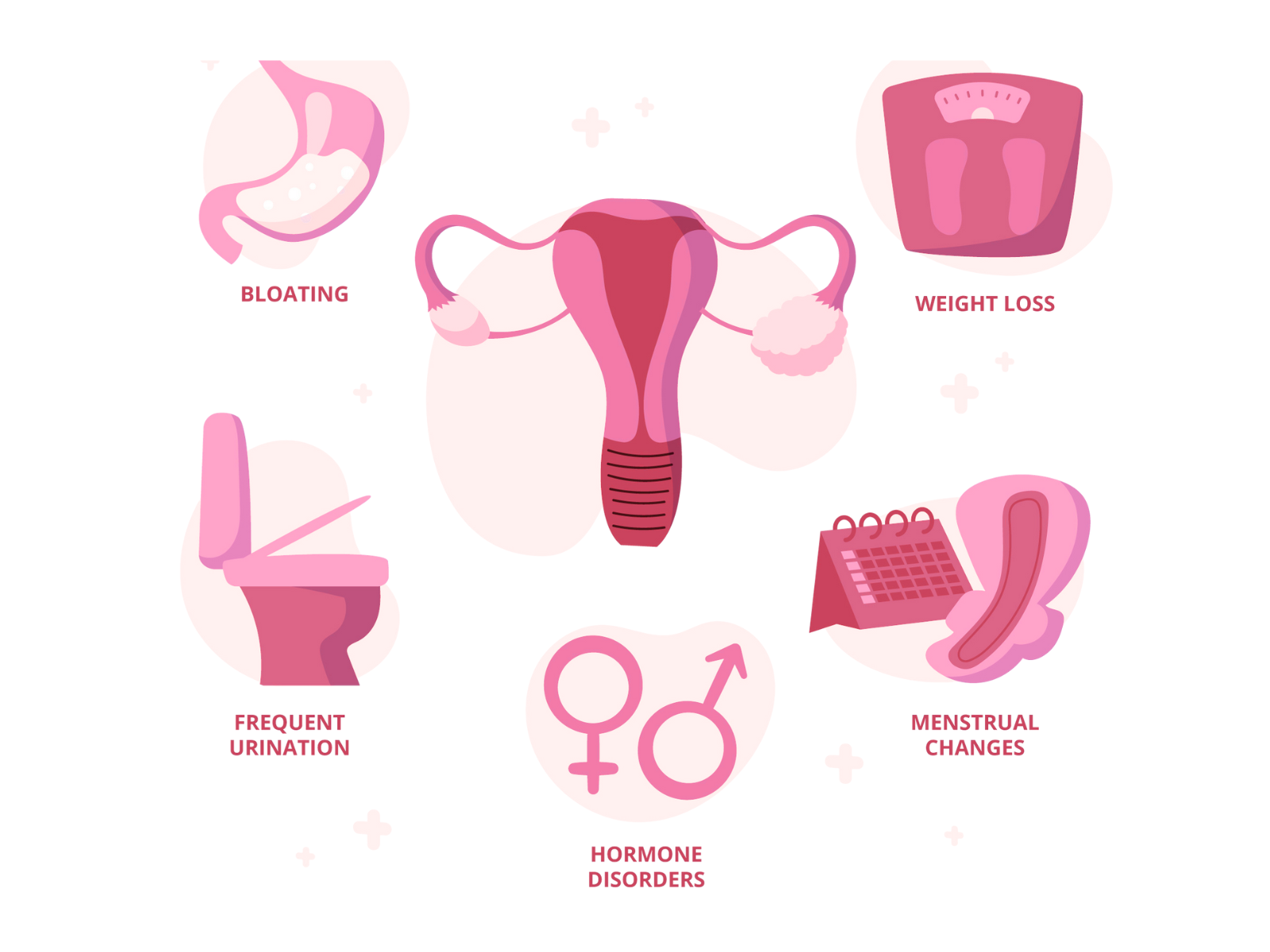Hope Begins with the Right Diagnosis
Gynaec Cancer
Gynaec Cancer in Ahmedabad
Gynaec Cancer in Ahmedabad
Gynaec Cancer
Gynaec Cancer care focuses on the early detection, accurate diagnosis, and effective treatment of cancers affecting the female reproductive system. These include cancers of the cervix, uterus, ovaries, fallopian tubes, vagina, and vulva. Recognizing symptoms early and seeking regular screenings can greatly improve outcomes.
At Grace Women’s Hospital, Dr. Nehi Parikh provides comprehensive and compassionate care for gynaecological cancers. With advanced diagnostic tools, surgical expertise, and a woman-centered approach, she ensures each patient receives timely intervention and personalized treatment in a safe and supportive environment.
Gynaec Cancer in Ahmedabad

Common Symptoms Of Gynaec Cancer

Unusual Vaginal Bleeding or Discharge: Common across most gynecologic cancers, except vulvar cancer.
Digestive Changes: Feeling full quickly, bloating, or trouble eating, along with abdominal or back pain, often indicate ovarian cancer.
Pelvic Discomfort: Pain or pressure in the pelvic area is typical in ovarian and uterine cancers.
Urinary or Bowel Changes: Increased urgency to urinate, frequent urination, or constipation may be signs of ovarian or vaginal cancers.
Vulvar Changes: Itching, burning, pain, or tenderness, along with skin changes like rashes, sores, or warts, are specific to vulvar cancer.
Gynaec Cancer
Diagnostic & Treatment Options For Gynaec Cancer
Cancer Screenings & Diagnostics
- Pap smear & HPV testing – Early detection for cervical cancer
- Ultrasound or Transvaginal Sonography (TVS) – Detect uterine or ovarian masses
- Colposcopy – Cervical examination under magnification
- Endometrial biopsy or D&C – For abnormal uterine bleeding
- Imaging (MRI/CT) – Staging and surgical planning
Medical Management (in collaboration with oncology)
- Chemotherapy coordination
- Hormonal therapy for endometrial cancers
- Targeted therapies for specific cancer markers


Medical Management
- Laparoscopic or open hysterectomy – For uterine cancer
- Oophorectomy or salpingectomy – Removal of ovaries or fallopian tubes if cancerous
- Cervical cancer surgery – Including LEEP, cone biopsy, or trachelectomy
- Radical surgeries – For advanced-stage cancers under expert referral
Post-treatment Monitoring & Support
- Regular follow-ups for recurrence detection
- Lifestyle, nutrition, and emotional support
- Counseling and second-opinion consultations
Early Detection & Screening
Expertise in Pap smears, HPV testing, and early diagnosis of cervical and uterine cancers
Minimally Invasive Surgical Treatment
Advanced laparoscopic and hysteroscopic procedures for quicker recovery and precision
High-Risk Case Management
Specialized in handling complex and advanced-stage gynecological cancers
Oncology Collaborations
Access to a trusted network of cancer specialists for multidisciplinary treatment if needed

Why To Consult Dr. Nehi Parikh For PCOS ?
At Grace Women’s Hospital, Dr. Nehi Parikh provides clear answers and compassionate guidance for gynaec cancer concerns so you feel supported and informed.
At Grace Women’s Hospital, Dr. Nehi Parikh specializes in diagnosing and managing cervical, ovarian, uterine (endometrial), vulvar, and vaginal cancers with individualized care plans.
Recovery time varies depending on the procedure but typically ranges from a few days to several weeks. We offer comprehensive postoperative care, pain management, and counseling to support your recovery.
Certain treatments may impact fertility, especially in younger women. Dr. Nehi Parikh discusses fertility preservation options beforehand and offers supportive care throughout your journey.
Yes, treatments like surgery, chemotherapy, or radiation can impact the reproductive organs. Dr. Nehi Parikh provides personalized treatment plans that consider your fertility goals and explores alternatives where possible.
It depends on the type and stage of cancer and the treatment required. At Grace Women’s Hospital, Dr. Nehi Parikh carefully evaluates each case and discusses fertility-preserving options before beginning treatment.
